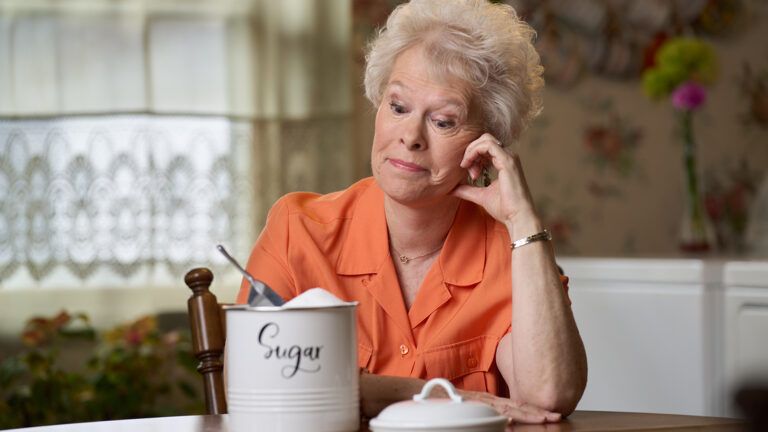Health, joy, and fulfillment are lifelong pursuits, and they come more easily when daily life is anchored in healthy habits. The good news? “It’s never too late to begin taking better care of yourself,” says Dr. Phyllis E. Hayes-Reams, chief of geriatrics at Kaiser Permanente South Bay Medical Center. From physical activity to sleep to nutrition, the right habits will protect your health so the years ahead can be both enjoyable and meaningful.
Be Prepared to Prevent Falls
“When older adults suffer a fall, the results can be devastating,” says Hayes-Reams, as bone fractures in a hip, leg, or back can impact mobility and the ability to live independently. Adopting healthy routines to prevent falls should be a priority for seniors. Hayes-Reams recommends making sure older adults’ homes are well-lit, removing clutter that could be a tripping hazard, and padding surfaces like sharp counter edges that could cause injury if struck during a fall. Medically, older adults should get vision, hearing, and blood pressure checked regularly, check medication labels for side effects like dizziness, and use a cane or walker if it has been recommended by a doctor. Regular exercise, including balance exercises like Tai Chi or yoga, and comfortable, sturdy shoes are also musts for safeguarding against preventable falls.
Be Smart About Sleep
“Regardless of our age, sleep is critical for our physical and emotional health. A good night’s sleep can improve memory and concentration, boost immune systems, better our moods, and enhance alertness,” says Hayes-Reams. To maximize the impact of your sleep, have access to comfortable sleeping quarters, she advises, which includes minimal noise, appropriate lighting, and a moderate temperature. She also recommends avoiding stimulants like caffeine and sugar close to bedtime, as well as acidic or rich, fatty foods that can cause indigestion. Daytime naps are a great idea for older adults, but they should be limited to 30 minutes, she advises. “Napping does not make up for inadequate nighttime sleep, but a short nap can improve our mood, alertness, and performance.”
Optimize Your Nutrition
“A healthy diet is one of the most powerful medicines we have,” says Hayes-Reams, “Eating nutritious foods not only increases our energy and improves our mood, but it can add years to our lives by helping fight off diseases.” She advises a diet rich in nutrients seniors need to support overall health and prevent or manage chronic health conditions. These include fiber (found in whole-grain cereals and breads, legumes, and vegetables) to prevent constipation and lower a person’s risk for heart disease and control a person’s weight.
Potassium, which is found in spinach, bananas, sweet potatoes, and avocados, is another key nutrient for older adults. Making good choices for foods to avoid can be as important as choosing healthy foods to eat, Hayes-Reams adds. Sodium, which can increase blood pressure, is to be avoided, and trans-fat and saturated fats are detrimental to heart health.
Protect to Your Mental Health
Physical and emotional health are intimately connected, and Hayes-Reams urges older adults to take inventory of their emotional lives. “Many seniors enjoy the freedom of retirement, fewer responsibilities, and more time for travels and other leisure activities,” she says, “For others, ill health, loneliness, reduced income, and dependency on others present ongoing challenges in their lives.” She cites a number of factors that can safeguard emotional health:
- Cultivate a positive outlook, which helps with stress management and improves decision-making.
- Maintain social networks to feel connected to a supportive community and maintain a personal sense of value and worth.
Be proactive in communicating any concerns—physical or emotional—candidly with doctors and caregivers.





